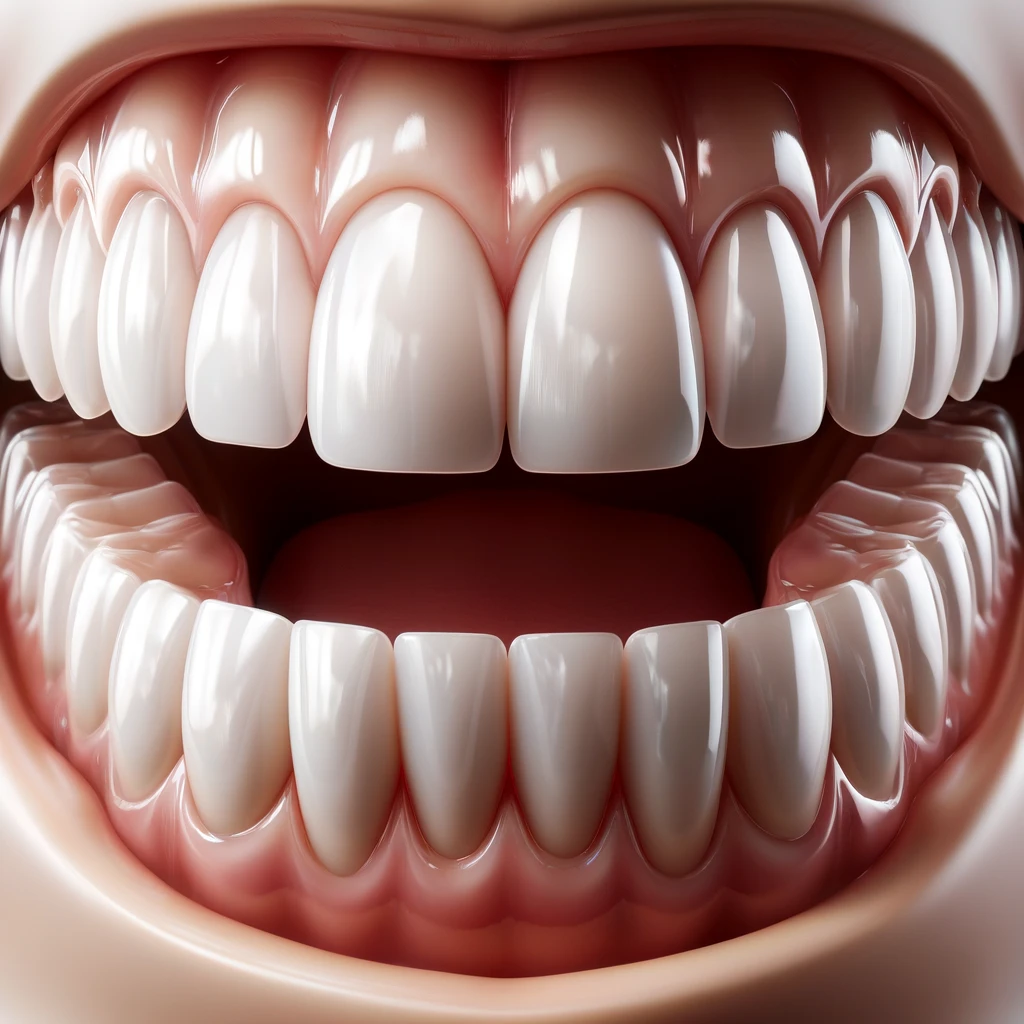
Understanding Veneers: A Complete Guide
Kay
- 0
How come some celebrities have got such picture-perfect smiles, you’ve probably wondered at some point in your life. My hunch is that the answer is veneers – and if seeing pictures and videos of A-listers give you the idea of having them yourself, I’ll help you learn all there is to know about the (cosmetic) procedure. This beginners’ guide to veneers is right what you need, be it the overall concept of this cosmetic solution or the dry details of taking care of it. You’re welcome.
What are Veneers?
And just what are veneers anyway? Think of them like a magic coat for your teeth. They are thin shells – usually made from porcelain, or composite resin – that bond to the surface of your teeth. The veneers are crafted to your teeth the tint of your smile and your dentist will choose shade for any discoloration, chips or gaps to straighten your teeth.
Types of Veneers
Porcelain and composite are the two general kinds of veneers. Typically, porcelain is considered the most durable and likewise offers the closest match to natural teeth in terms of light reflection, as well as resistance to staining, dentists say. If taken care of well, you might enjoy your porcelain veneers for as long as 15 years. Composite veneers are in general less expensive than porcelain but usually require fewer trips to the dentist’s office; if you could be satisfied with something less permanent, aged composites are like eternally chewed gum stuck to dentures. Porcelain veneers are especially good if you’re seeking light-reflective durability.
The Process of Getting Veneers
Getting veneers usually entails three visits to the dentist – the first for a consultation, the second to build up your teeth, and a third to apply the veneers. During the initial visit, your dentist will discuss your goals and take X-rays to check the health of your teeth.
Benefits of Veneers
Aesthetic Benefits
No wonder the veneer’s biggest draw revolves around transformation: teeth yellowed over the years, chipped or with small gaps, can all lend themselves to a smile that is brighter and more even.
Long-Term Durability
for a long time – porcelain veneers can last for 10 to 15 years – and are immune to chipping and staining like your natural teeth.
Are Veneers Right for You?
Ideal Candidates for Veneers
Veneers are suitable for people seeking a way to get a nicer smile without invasive dental procedures. People with oral health, but with cosmetic flaws, are good candidates.
Considerations Before Getting Veneers
However, veneers are irreversible; sometimes your dentist will also have to remove a bit of enamel from your tooth before cementing the veneer on, and for people with severe gum disease or weak teeth, veneers might not work.
The Procedure of Installing Veneers
Initial Consultation
Then you’ll come in for a consultation where you discuss your goals and the dentist checks to see if your dental health will allow for the desired approach. Ask all your questions at that time. Once you’re ready to go ahead with treatment, a diagnostic wax-up is best done.
The Fitting Process
If you decide to do so, your dentist will shape your teeth a bit for the veneers and then take an impression to send off to the lab and have your veneers made.
Aftercare and Maintenance
Just like with your natural teeth, you need to brush and floss your veneers, as well as visit your dentist regularly. When eating, don’t use your teeth for anything other than chewing food, and don’t bite down on hard things, for example by cracking open nutshells with your teeth. Avoid using your teeth in any other way other than chewing.
Comparing Veneers to Other Treatments
Veneers vs. Crowns
Unlike veneers, which cover only the front of the tooth, crowns completely cover the tooth. Crowns are often used for teeth that are more compromised structurally.
Veneers vs. Teeth Whitening
Teeth whitening takes out stains, but it can’t change the shape or size of your teeth. Veneers can do all of the above – shape, size, and color.
Cost and Insurance
Understanding the Costs
The cost of veneers can get expensive though. The price really depends on what kind of veneers and how many teeth you need to do. porcelain is probably more expensive than composite.
Insurance Coverage and Alternatives
Because cosmetic procedures like veneers are not covered under dental insurance, you will need to find ways to make the payment. Some dental offices provide specific plans for these types of procedures.
Conclusion
Veneers can be a significant and life-changing investment for someone looking to improve their smile. Veneers with proper use and maintenance can improve someone’s smile for a long time.
FAQs
How long do veneers last?
With proper maintenance, they might last you 10 to 15 years, and sometimes more.
Are veneers painful?
The procedure is usually not painful as it is minimally invasive but you may feel some sensitivity afterwards when the fitting is done.
Can you whiten veneers?
The answer is no: veneers cannot be whitened in the same way that natural teeth can be bleached. You need to know what color will make you happy for the long term.
Do veneers feel like real teeth?
True, after veneers are bonded you’ll definitely feel them. But they’ll feel like your natural teeth.
What happens if a veneer falls off?
If it flakes off, you should call your dentist just in case as it might glue it back on.
The purpose of this article is to present to you the facts about veneers and what the options are so that you can make an educated decision if veneers are the right solution for your dental concerns.
iPhone XR iPhone SE LG G8 ThinQ LG Velvet iPhone 11 iPhone 11 LG Velvet LG K40



